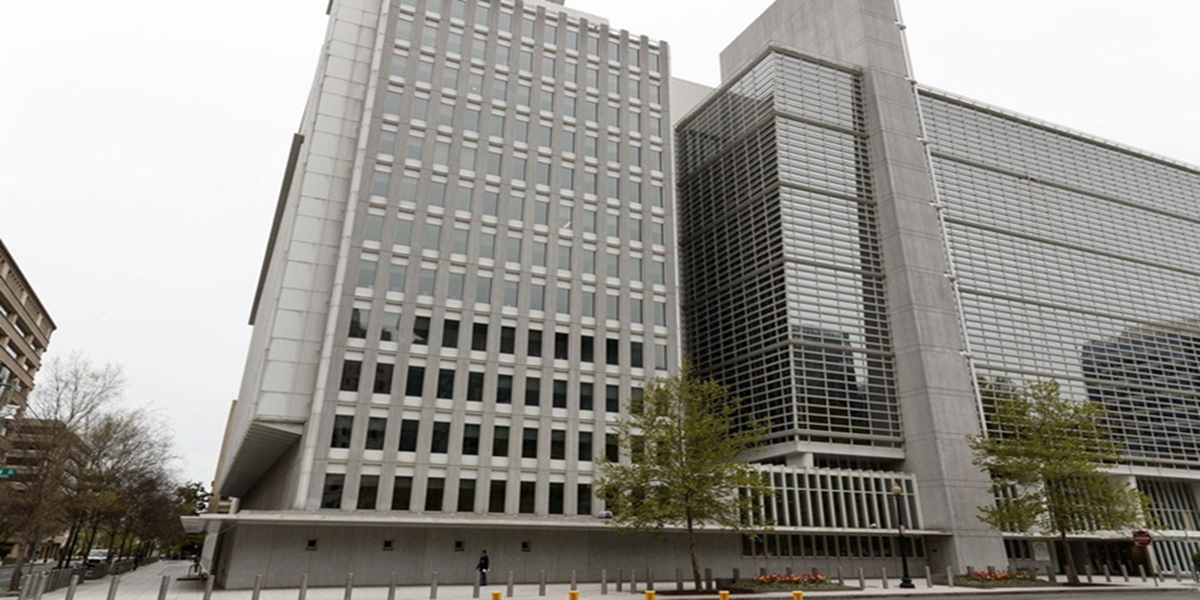The World Bank has warned that the conflict in Ukraine would result in the “biggest commodities shock” since the 1970s.

According to a recent prediction, the conflict’s interruption would result in massive price increases for items ranging from natural gas to wheat and cotton.
According to Peter Nagle, a co-author of the research; the price hike is “beginning to have extremely severe economic and humanitarian implications.”
“Households all across the world are experiencing a cost-of-living crisis,” he remarked.
“We’re especially concerned about the poorest households since they spend a bigger percentage of their income on food and energy, making them more vulnerable to this price surge,” the World Bank’s senior economist noted.
According to the World Bank, energy prices are to rise by more than 50%, increasing home and corporate expenditures.
The most significant increase is in the cost of natural gas in Europe, which might increase to be more than quadruple. Prices are expected to decline next year and in 2024, but they will still be 15% higher than last year.
According to the World Bank, “the highest 23-month increase in energy costs since the 1973 oil price surge,” when tensions in the Middle East pushed prices skyrocketing, occurred between April 2020 and March this year.
Similarly, oil prices are likely to continue high through 2024; with a barrel of Brent Crude, the benchmark measure, expected to average $100 this year, resulting in widespread inflation.
Russia produces around 11% of the world’s oil, the third largest share. But “disruptions stemming from the conflict show a permanent detrimental effect”; according to the paper, as sanctions force international firms to leave and access to technology is quite less. Although Russia presently produces 40% of the EU’s gas and 27% of its oil; the European governments are working to wean their countries off of Russian supplies. This has aided in the rise of global prices by increasing demand for goods from other countries.




















